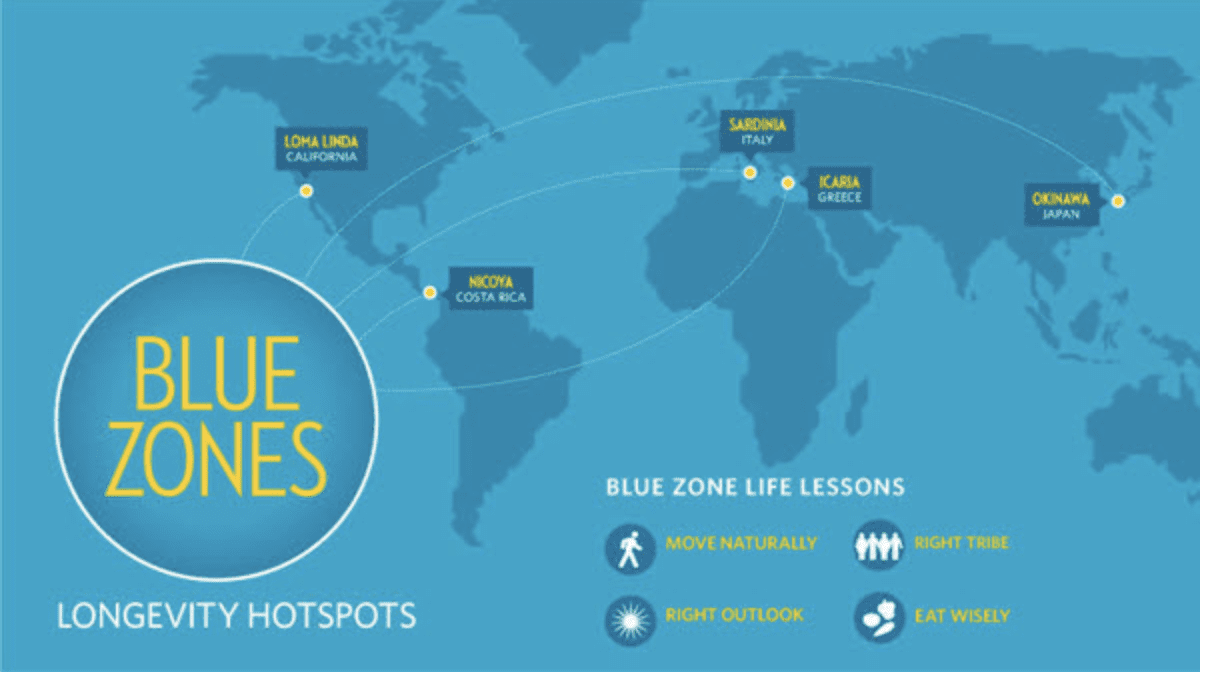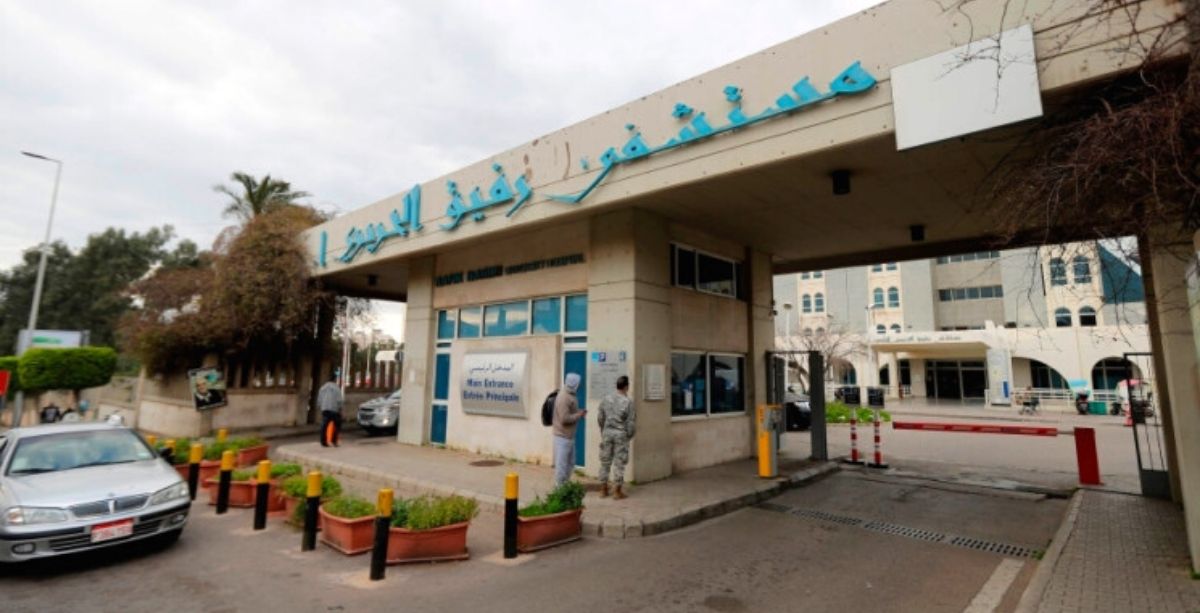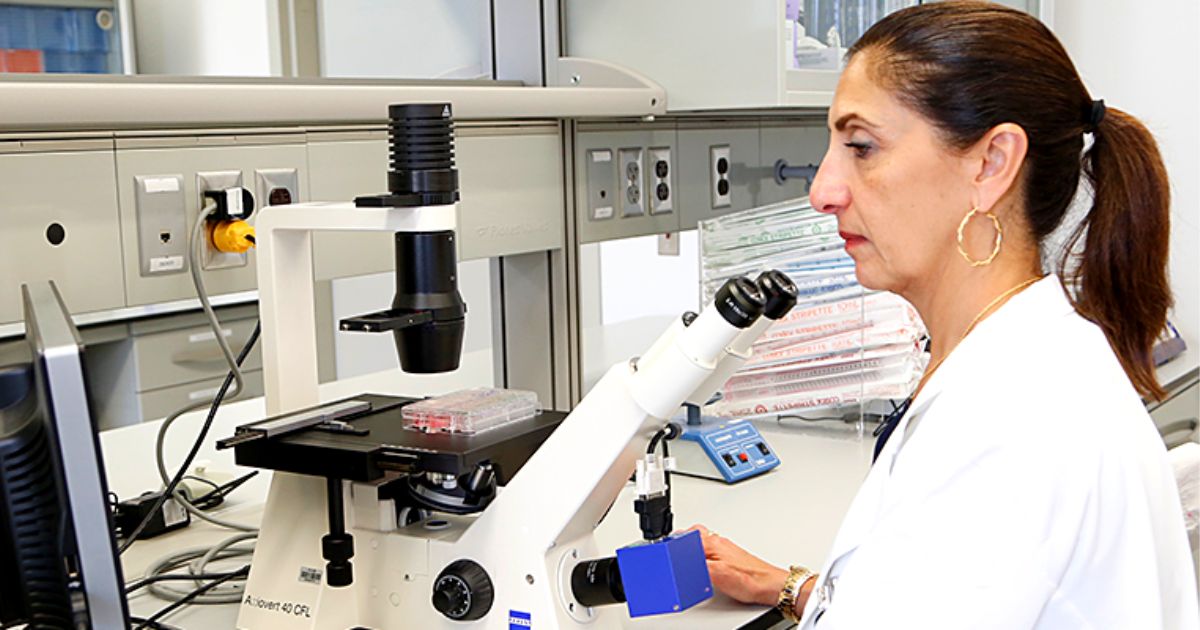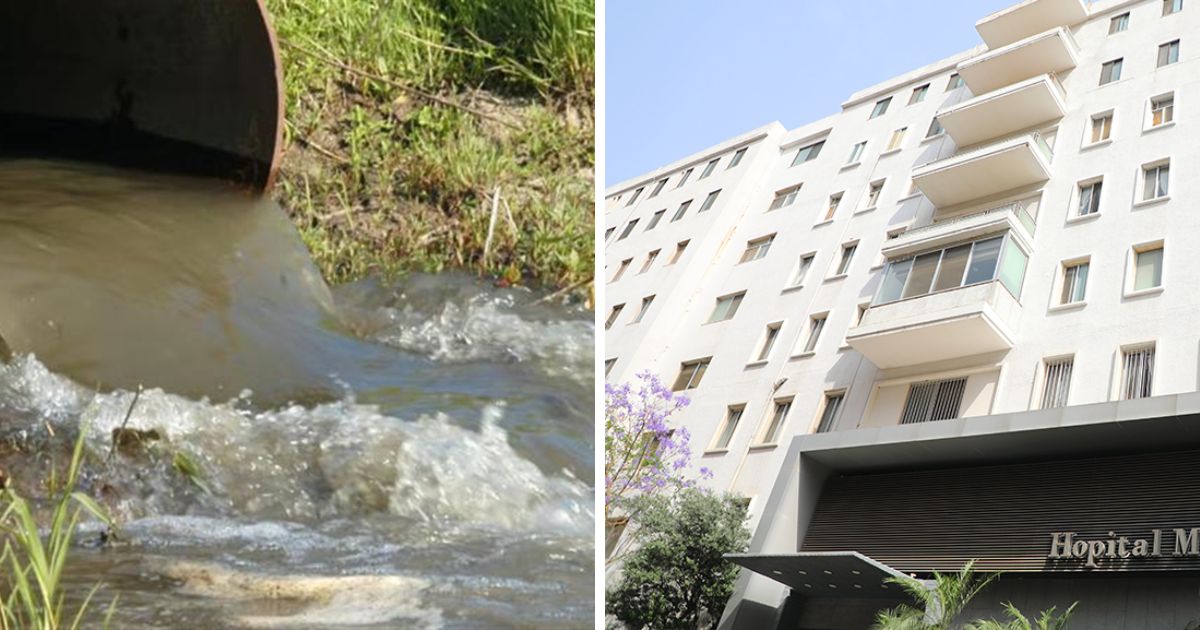In 2005, best-selling explorer and author Dan Buettner first trademarked the term “blue zone.”
He established this term to describe the 5 places on Earth where, through demographic research and first-hand accounts, he had found people lived longer and happier lives.
Those 5 places are: Okinawa, Japan; Sardinia, Italy; Nicoya, Costa Rica; Icaria, Greece; Seventh-day Adventists community in Loma Linda, California

In these blue zones, there is a well-above-average rate of centenarians- people who live past 100 years of age-, a well below-average rate of disease, and a general sense of good health and well-being.
While the average life expectancy in Lebanon is about 76, these places have an exceptional amount of people who will live past 100, an enormous 30-year difference.
These blue zones extend across very different parts of the world with vastly unlike cultures and unequal healthcare systems.
Buettner, however, was able to find correlations in how their citizens live their lives, which may offer an insight as to how they live longer, healthier, and happier lives.
His work and research can be found here.
Here is how Lebanon and its citizens generally compare to the 9 characteristics found in blue zones.
#1 Moderate, regular physical activity
As one could probably guess, remaining active and fit is an essential factor for remaining healthy.
When it comes to Lebanon, levels of activity differ. Lebanon has an active community of hikers, swimmers, skiers, and more who take advantage of the beautiful geography we are provided with.
School sports are also very common and sports like football and basketball are wildly popular.
However, this does not hold true for all Lebanese, and with no major governmental campaign to promote daily activity, and a wide majority who chose driving over walking or biking as their mode of transportation, the consensus for this characteristic in relation to Lebanon is mixed.
#2 Life purpose
This is a personal feature and is impossible to say for sure when describing a population of millions.
However, with an unemployment rate reaching 50%, most notably for young college graduates, and half the country living in poverty, it can be assumed that even if one has a purpose, it is likely that purpose is unfulfilled.
#3 Stress reduction
Between the country’s worst economic recession ever, a pandemic on the loose, and unemployment, inflation, and hunger all on the rise, it’s difficult to imagine a Lebanese from the general population who isn’t currently suffering immense amounts of stress.
While one can find peace and contentedness within themselves regardless, it’d be unrealistic to not take external factors into consideration, and thus characteristic number 3 couldn’t be further from the current truth Lebanese are suffering.
#4 Moderate caloric intake
Lebanon has followed in the steps of the rest of the world, and in recent years has seen a major upswing in levels of obesity and being overweight.
According to a 2016 study, more than 50% of Lebanese are overweight, and 18.6% are obese, well above the worldwide rate of 13%.
This can be linked to many factors, including genetics, a sedentary lifestyle, and a poor diet. While the Mediterranean diet is generally healthy, an excess caloric intake always has consequences.
Moreover, fast food cuisine, which is hard to resist for both its low prices and high levels of sugar and fat, has expanded greatly within Lebanon, further adding to the problem.
#5 Plant-based diet
The Mediterranean diet is in fact one of the healthiest in the world. It contains an abundance of fruits, whole grains, fish, and poultry, and of course, legumes. While plants may not be the focus of Lebanon’s gastronomy, they constitute a major part of it.
Control of blood glucose levels, reduced risk for heart disease, and stable weight are among the many benefits of following a healthy Mediterranean style of eating.
While many Lebanese have begun to eat more international and fast food, for the most part, Lebanon’s food is healthy and rich in plants and vegetables.
#6 Moderate alcohol intake, especially wine
Lebanese are known for their love of partying and fun, and also wine and booze.
Unfortunately, this is often correlated with high levels of drinking. Alcohol consumption is ingrained within Lebanon’s culture, from the cups of arak poured at lunches to the bottles of liquor sold with almost no restrictions at gas stations, and convenience stores.
A study by AUB found that 87% of Lebanese reported having their first drink before the age of 14.
In regards to wine, while Lebanon does have an appreciation for the drink and a number of famous wineries, the consumption of wine is not nearly as popular as spirits or beer, according to a 2015 study.
#7 Engagement in religion or spirituality
While the youth has rising levels of non-practitioners and atheists, as is the global trend, for the most part, Lebanese are deeply religious and spiritual.
Lebanon is home to 18 different religions, making it the most religiously diverse country in the Middle East.
Up until 2009, every person’s identity card had to include their religious sect, revealing how religion is essentially akin to identity within the nation. That’s how entrenched religion is in the country’s culture, politics, and image, for better or for worse.
Moreover, in recent times, yoga and meditation have picked up in Lebanon.
#8 Engagement in family life
Lebanese culture places a heavy emphasis on family commitment and values, and family-functioning is deeply entrenched even within individual identity.
A study by AUB found that the majority of Lebanese feel the strongest loyalty towards their family, even above religion and nationalism.
Lebanese are often viewed as not just individuals, but representatives of their family and vice-versa.
#9 Engagement in social life
Lebanese are known for being party animals, but social life in Lebanon extends far past the nightclubs and bars.
Large dinners, constant functions, and daily visits to neighbors and friends are common. Friendliness and hospitality are not only highly valued, but expected, and are characteristics that many Lebanese pride themselves on having.
All in all, it is safe to say that Lebanon retains 3 out of 9 characteristics of Blue Zone places.















